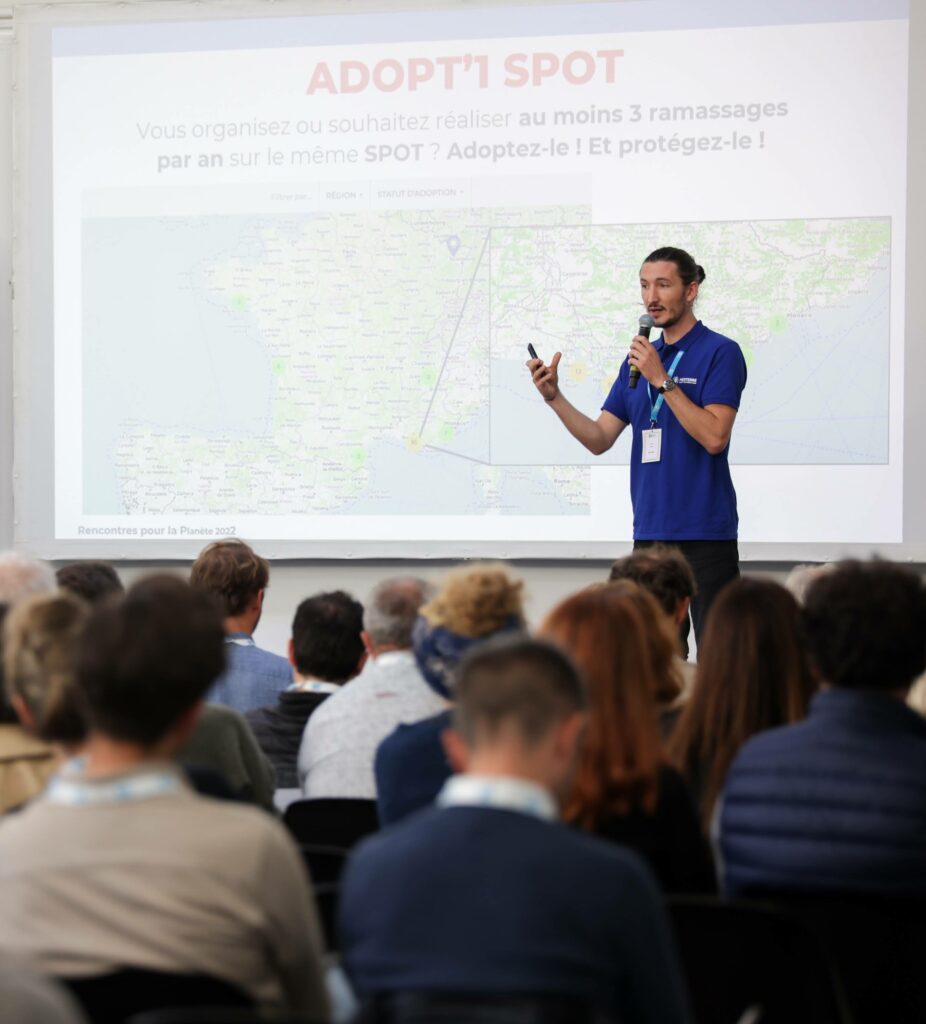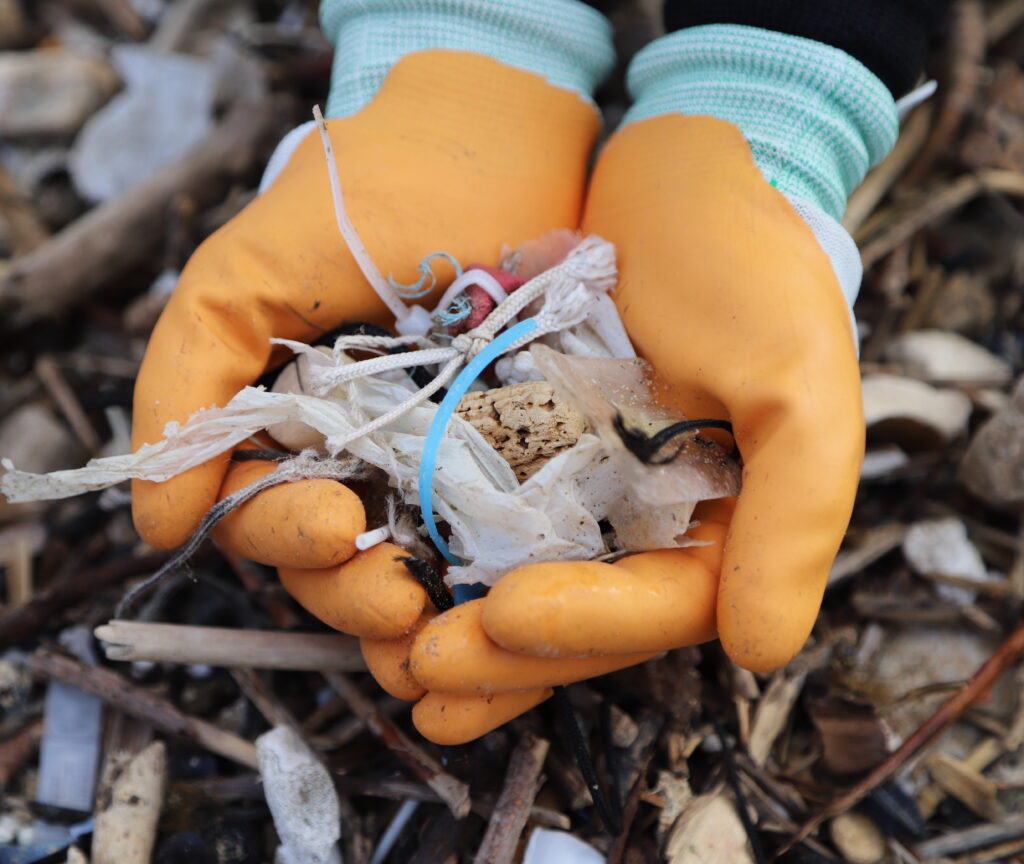Local authorities
Register
Zero Dechet Sauvage is a real dashboard to fight litter in your area, you will find :
- information and datavisualisations to understand the state of pollution by litter (hotspots, origins, sectors of economic activity, behaviours) ;
- tools to monitor the evolution of these pollutions ;
- tools to act coherently with local stakeholders.
Local authorities are on the front line in the fight against litter problem in their areas. They have a key role to play in solving the problem, with action plans and appropriate tools.


Taking action with local authorities
The local authorities have been endowed not only with powers, but also with a growing responsibility and willingness to act to tackle the waste dumped on their territories.
Due to a lack of time and resources to take action, local authorities have told us that they need support in tackling this issue. They wish to obtain tools adapted to the specificities and problems of their territories to fight diffused litter.
That's why we're working with our network to develop customized support tailored to their needs.
How to act together ?
We can offer you customized support and a toolbox to help you make the right decisions :
Territorial diagnosis
Support
Knowledge acquisition
Evaluation
Littering and local authorities, legislation is evolving !
Regulations are evolving in favor of making producers and marketers of consumer products more responsible, through the "Extended Producer Responsibility" (EPR) policy. Based on the "polluter pays" principle, EPR means that manufacturers are progressively required to bear part of the cost of waste management, from production to disposal. These manufacturers can finance eco-organizations, which are government-approved organizations, or set up their own individual systems to meet specific collection, eco-design, recycling and reduction targets for certain waste streams. The eco-organizations, in turn, can finance local authorities to help them achieve the targets set by EPR regulations.
In particular, the AGEC law (Anti Gaspillage et Économie Circulaire) extended the scope of EPR schemes to new waste streams, and strengthened recycling targets for some of these schemes. It extends the principle of responsibility to include the cleaning up of certain types of waste in public spaces, and the achievement of quantified targets for the reduction of certain waste streams abandoned in the environment.
Clearly, the operation and reinforcement of EPR systems means that local authorities are given increased financial resources to achieve these objectives. In addition to changes in EPR regulations, local authorities are increasingly looking for tools and support in their fight against the amount of waste abandoned on their territory.
In this context, eco-organizations and local authorities need to obtain data on waste deposits, origins and transfers on their territory, as well as their evolution over time.
This is where the platforms designed by MerTerre and its expertise in litter come into play.

Spotlight on our projects
La commune de Saint-Raphaël s’engage !
Cette année, la commune de Saint-Raphaël a adopté quatre spots : la plage de la Baumette, la plage de Camp long, la plage d’Agay et la plage de Pourrousset.
Détail du projet + témoignage et photos ville de Saint-Raphaël pour accompagnement MerTerre.
Let's meet !
Are you a local authority, or a manager of a marine or terrestrial protected area ? Would you like to launch a program to combat litter with MerTerre ?
Depending on your needs, we can offer you tailor-made support !


